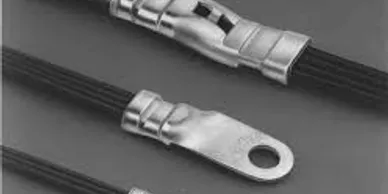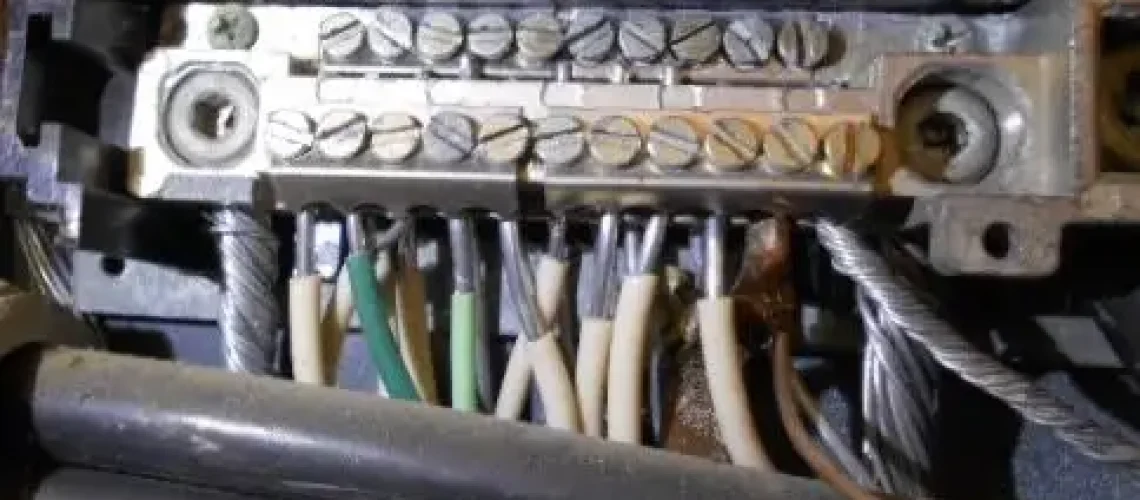Aluminum wiring was commonly used in homes built between the mid-1960s and early 1970s due to a shortage and rising cost of copper at the time. While it was an effective and affordable alternative to copper wiring, aluminum wiring has raised safety concerns over the years. If your home has aluminum wiring or you’re considering purchasing a property that does, it’s essential to understand the risks, potential issues, and how to address them.
What Is Aluminum Wiring?
Aluminum wiring is used for the same purposes as copper wiring: it runs electrical current throughout a home. However, compared to copper, aluminum is softer, more prone to expanding and contracting, and has certain issues peculiar to an electrical system.
It is, however, worth noting that today’s aluminum wiring is quite different from the early wiring used in homes decades ago. Aluminum may be safely used today, for example, in the form of utility lines or in larger electrical circuits, but the wiring installed in homes during the mid-20th century can pose safety problems if not properly upgraded or maintained.
Safety Concerns with Aluminum Wiring
The major safety concerns associated with older aluminum wiring arise from its physical and chemical properties. These include:
1. Connection Failures
Aluminum expands and contracts more than copper when it heats and cools, thereby potentially leading to loose connections over time. The greater the resistance of a loose connection, the more it heats up; hence, the greater the chance of a fire occurring.
2. Oxidation
When aluminum comes into contact with oxygen, it forms an oxide layer that can impede electrical conductivity. This increases the likelihood of overheating at connections.
3. Compatibility Issues
Aluminum wiring may not be compatible with standard outlets, switches, and fixtures designed for copper wiring. Using incompatible components can result in improper connections, which can create potential hazards.
4. Physical Damage
Because it is softer than copper, aluminum wiring can be damaged during installation or maintenance. Damaged wires can create hot spots, increasing the risk of fires.
How to Determine if Your Home Has Aluminum Wiring
If you have purchased or are renting a house built between 1965 and 1975, check your home for aluminum wiring. Here’s how:
- Look at the electrical panel: Aluminum wires are often labeled with “AL” or “ALUMINUM.”
- Inspect the wiring: If you can safely check exposed wiring, such as in an attic or basement, aluminum wires are typically silver in color (rather than the reddish tone of copper).
- Consult an electrician: A licensed electrician can confirm the presence of aluminum wiring and assess its condition.
What Should You Do If Your Home Has Aluminum Wiring?
Having aluminum wiring in your house does not necessarily mean that it is unsafe; however, it does need attention to ensure the wiring will remain safe. Steps to take include:
1. Schedule a Professional Inspection
Have a licensed electrician inspect your wiring to identify any potential hazards they may find. They check for loose connections, damaged wires, and signs of overheating.
2. Upgrade Connections with COPALUM or AlumiConn
One of the most effective solutions for addressing aluminum wiring is to use specialized connectors like COPALUM or AlumiConn, which ensure safe connections between aluminum and copper wires. This process, known as pigtailing, minimizes the risks associated with aluminum wiring.

3. Replace Outdated Fixtures
Ensure that all outlets, switches, and fixtures are compatible with aluminum wiring or replace them with modern, certified alternatives.
4. Consider Rewiring
In some cases, replacing the aluminum wiring with copper may be the best long-term solution. While this can be costly, it eliminates the risks associated with aluminum wiring and brings your home up to modern electrical standards.
5. Monitor for Warning Signs
Keep an eye out for warning signs of electrical issues: flickering lights, warm outlets, or even the smell of burning plastic around your aluminum wiring.
Conclusion
Aluminum wiring in your home isn’t necessarily unsafe, but it does come with unique challenges that require proper maintenance and upgrades to ensure your home’s electrical system operates safely. If you’re unsure about the wiring in your home or considering buying a property with aluminum wiring, consulting a licensed electrician is essential.
Take the right precautions to mitigate risks and have peace of mind that your home’s electrical system is secure.


